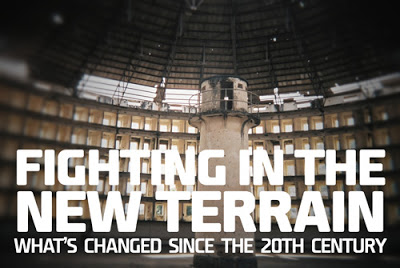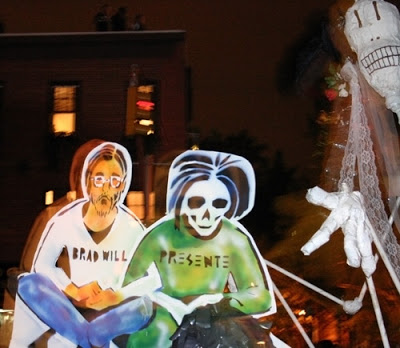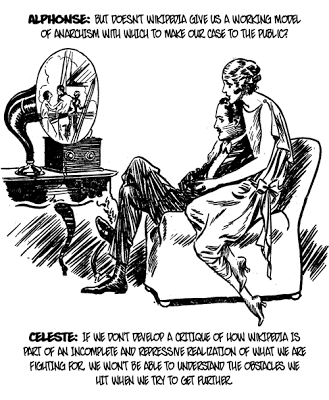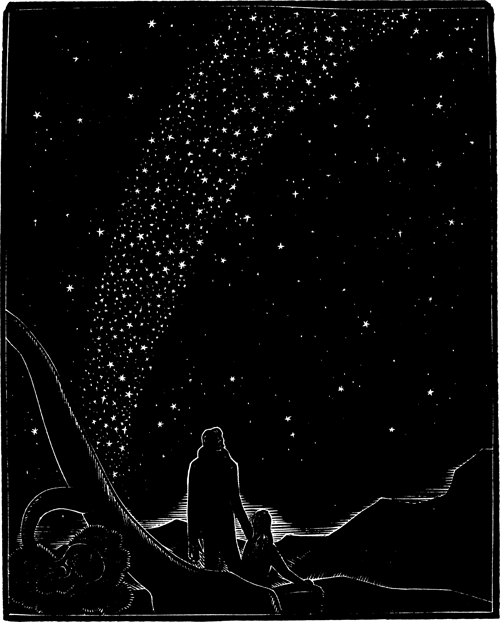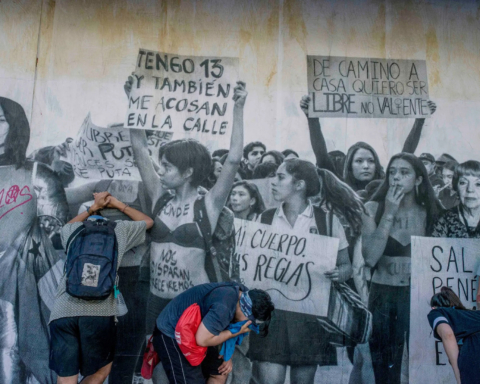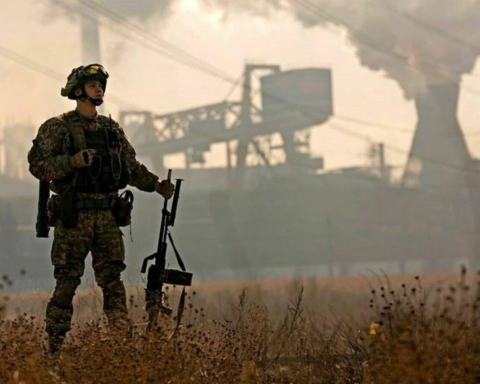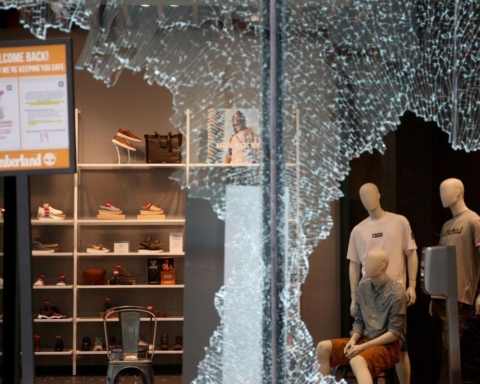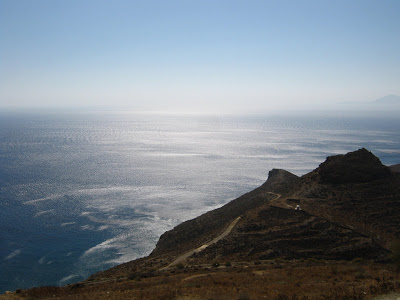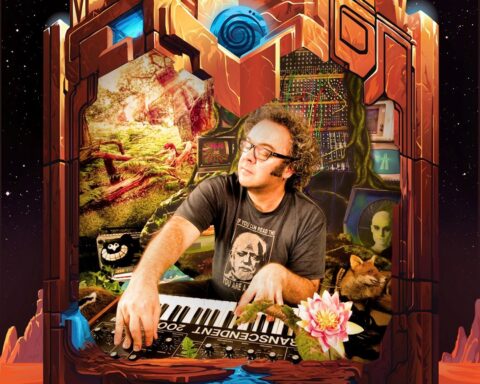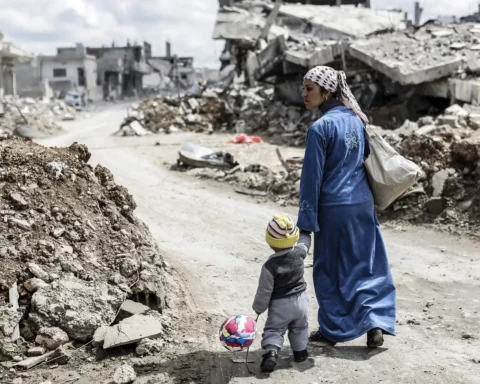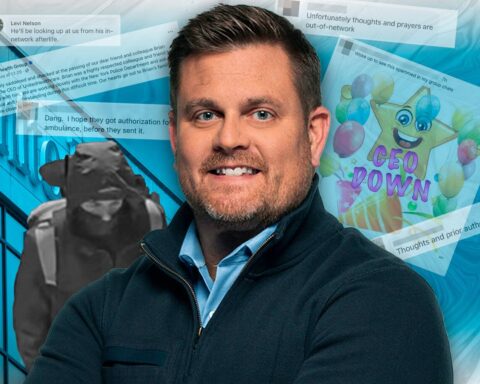Fighting in the New Terrain by Crimethinc Ex Workers Collective
Overture: The More Things Change…
Once, the basic building block of patriarchy was the nuclear family, and calling for its abolition was a radical demand. Now families are increasingly fragmented—yet has this fundamentally expanded women’s power or children’s autonomy?
Once, the mainstream media consisted of only a few television and radio channels. These have not only multiplied into infinity but are being supplanted by forms of media such as Facebook, Youtube, and Twitter. But has this done away with passive consumption? And how much more control over these formats do users really have, structurally speaking?
Once, movies represented the epitome of a society based on spectatorship; today, video games let us star in our own shoot-’em-up epics, and the video game industry does as much business as Hollywood. In an audience watching a movie, everyone is alone; the most you can do is boo if the storyline outrages you. In the new video games, on the other hand, you can interact with virtual versions of other players in real time. But is this greater freedom? Is it more togetherness?
Once, one could speak of a social and cultural mainstream, and subculture itself seemed subversive. Now “diversity” is at a premium for our rulers, and subculture is an essential motor of consumer society: the more identities, the more markets.
Once, people grew up in the same community as their parents and grandparents, and travel could be considered a destabilizing force interrupting static social and cultural configurations. Today life is characterized by constant movement as people struggle to keep up with the demands of the market; in place of repressive configurations, we have permanent transience, universal atomization.
Once, laborers stayed at one workplace for years or decades, developing the social ties and common reference points that made old-fashioned unions possible. Today, employment is increasingly temporary and precarious, as more and more workers shift from factories and unions to service industry and compulsory flexibility.
Once, wage labor was a distinct sphere of life, and it was easy to recognize and rebel against the ways our productive potential was exploited. Now every aspect of existence is becoming “work,” in the sense of activity that produces value in the capitalist economy: glancing at one’s email account, one increases the capital of those who sell advertisements. In place of distinct specialized roles in the capitalist economy, we increasingly see flexible, collective production of capital, much of which goes unpaid.
Once, the world was full of dictatorships in which power was clearly wielded from above and could be contested as such. Now these are giving way to democracies that seem to include more people in the political process, thus legitimizing the repressive powers of the state.
Once, the essential unit of state power was the nation, and nations competed among themselves to assert their individual interests. In the era of capitalist globalization, the interests of state power transcend national boundaries, and the dominant mode of conflict is not war but policing. This is occasionally employed against rogue nations, but continuously implemented against people.
Once, one could draw lines, however arbitrary, between the so-called First World and Third World. Today the First World and the Third World coexist in every metropolis, and white supremacy is administered in the United States by an African-American president.
read all the essay here:
